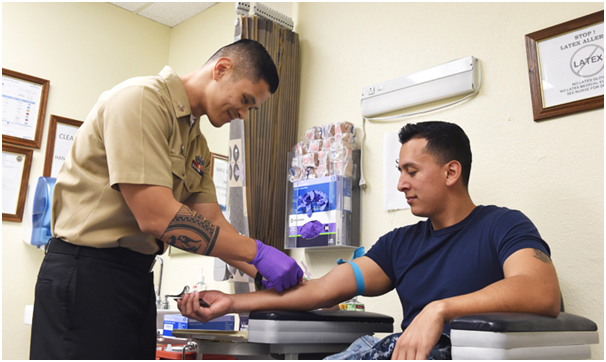No one wants to wind up with an STI, but now there is even more reason to practise safe sex: research has revealed that a number of STIs are now extremely difficult to treat with conventional antibiotics.

These three sexually transmitted infections are extremely common and mean that if you do have unprotected sex, you could wind up with more than an unwanted pregnancy. Doctors are struggling to treat these new strains, which have already overcome the usual array of antibiotics.
A warning from the WHO
The warning has come from the World Health Organisation (WHO), which has flagged up that gonorrhoea, chlamydia and syphilis are now becoming increasingly resistant to treatment. This means that the STIs can stay in the individual’s system for longer and potentially cause greater damage. Any STI that is left untreated can lead to further sexual health problems, especially for women.
The WHO says that when these STIs are left undiagnosed, and then untreated, they can cause long-term health issues and serious complications, such as ectopic pregnancy, pelvic inflammatory disease, miscarriage and infertility. The latter problem also affects men when gonorrhoea and chlamydia are left untreated.
Are new super-STIs now on the horizon?
The STI that is now the most resistant to antibiotics is gonorrhoea, with doctors already warning about strains of ‘super’ gonorrhoea that were seen in areas heavily populated by students in the past couple of years. Those obtaining home STI kits in Medway from resources such as https://www.pitstopplus.org/ may therefore find that their results need urgent attention.

Although there are still secondary options for treating antibiotic-resistant STIs, the infections are becoming stronger and more able to withstand them. This means the options for treatment are becoming more limited and there is the prospect of super-STIs that will eventually be untreatable if new treatments are not found.
Even more worryingly, these STIs do not even require full penetrative sex to transmit between sexual partners, as they can also be passed through oral sex; however, one method of contraception still ticks all the boxes when it comes to protection against STIs: condoms.
It is equally important to have a regular sexual health check, especially before sleeping with a new partner. Visit your local GUM clinic for further advice and full, confidential screening services, with treatment where necessary.
